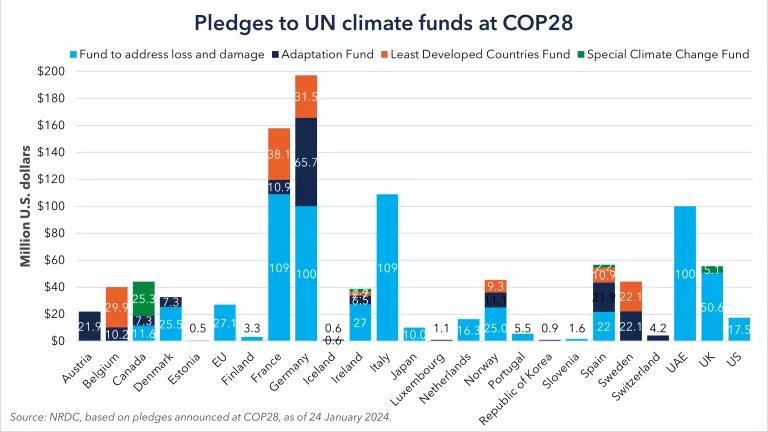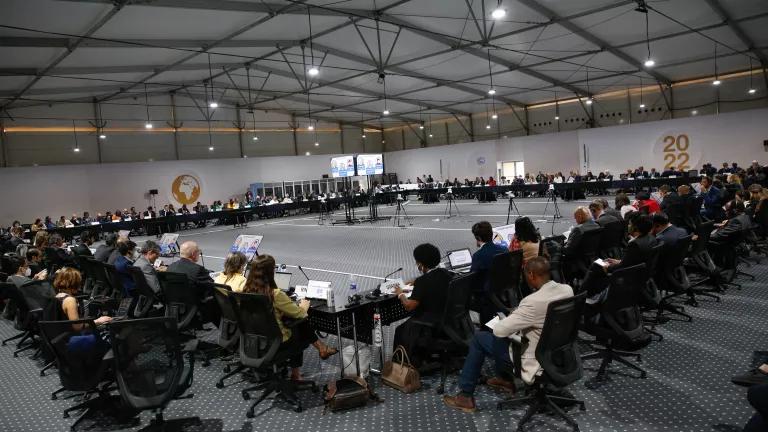Latin America Green News: Wildfire Controlled in Chile, Energy Saved in Costa Rica, Cabo Dorado Resort Questioned in Mexico
March 31st – April 4th, 2014
Chile
Authorities brought the wildfire that started on March 26th in Chile’s Patagonian region of Aysen under control early this week. Almost 3,000 hectares of meadows, scrubland and native forest were destroyed as the National Forestry Corporation, the Army, the National Emergency Service, firefighters and locals fought the flames. (El Mercurio, 3/31/2014)
The mayor of Santiago, Claudio Orrego, expects that air pollution in the country’s capital will be heavy this winter, making the new vehicle restrictions that went into effect on Tuesday all the more important. These restrictions regulate the movement of vehicles without catalytic converters in Santiago as well as the municipalities of San Bernardo and Puete Alto, and are a part of the government’s plan to manage critical pollution episodes, which will last until the end of August. (El Segundo 4/1/2014; T13 3/31/2014)
An 8.2 magnitude earthquake shook Chile’s northern coast on Tuesday, resulting in the deaths of at least 7 people. The earthquake hit at around 8:46pm local time and was located 99 kilometers to the northwest of the city of Iquique and at a depth of 10 kilometers below surface of the Pacific Ocean. In response, President Michelle Bachelet declared an emergency zone in the regions of Arica, Parinacota and Tarpacá. (CNN Espanol 4/1/2014)
The government is going to review the existing water rights in areas of the country that have experienced severe droughts over the past five years. The previous administration began this process on March 6th, when the General Water Bureau announced that it would withdraw the provisional water rights for 27 agricultural enterprises and societies in the Petorca Valley. The current administration says it may continue with similar measures in other drought-affected areas. (Terram 3/31/2014)
Costa Rica
Members of Costa Rica’s National Coastguard Service inspecting a ship at the Golfito port found and decommissioned 153 shark fins believed to be from at least forty sharks. The captain of the ship has been apprehended by local authorities. (CR Hoy 4/2/2014)
The hundreds of Costa Ricans who participated in the recent Earth Hour event helped the country save 5% in electricity by turning off their lights for one hour. While most of Costa Rica’s electricity is generated by hydropower, during dry seasons, the national electric country must switch to highly contaminating bunker fuels. (El Financiero 4/1/2014)
Mexico
Former Mexican presidential candidate, Andrés Manuel Lopez Obrador, called for a public information meeting on “Cabo Dorado” a new large-scale tourism and real-estate project proposed on 3,770 hectares neighboring the Cabo Pulmo National Park. In calling for a public meeting, Lopez Obrador joined hundreds of citizens and civil society groups who have expressed concerned about the potential impacts from Cabo Dorado. (El Independiente 4/4/2014)
The Bufa windpark in Zacatecas, currently under construction, will begin supplying power to Volkswagen by the end of the year. The wind park is operated by the Mexico Power Group and will supply 60 percent of Volkswagen’s production facilities in the country, as part of the auto-manufacturer’s Think Blue strategy which aims to reduce the firm’s environmental footprint. The Bufa windpark will help avoid 140 thousand tons of CO2 each year (Milenio 4/3/2014)
Regional
Droughts, floods, reduced food production and disease outbreaks are some of the key threats to Central and South America as a result of climate change, according to the latest report from the Intergovernmental Panel on Climate Change. The new report, found more climate change impacts in the region, than the version released in 2007. Between 2000 to 2010 there were 630 extreme climate events registered between both regions, impacting 46.6 million people. (El Financiero 4/2/2014)



